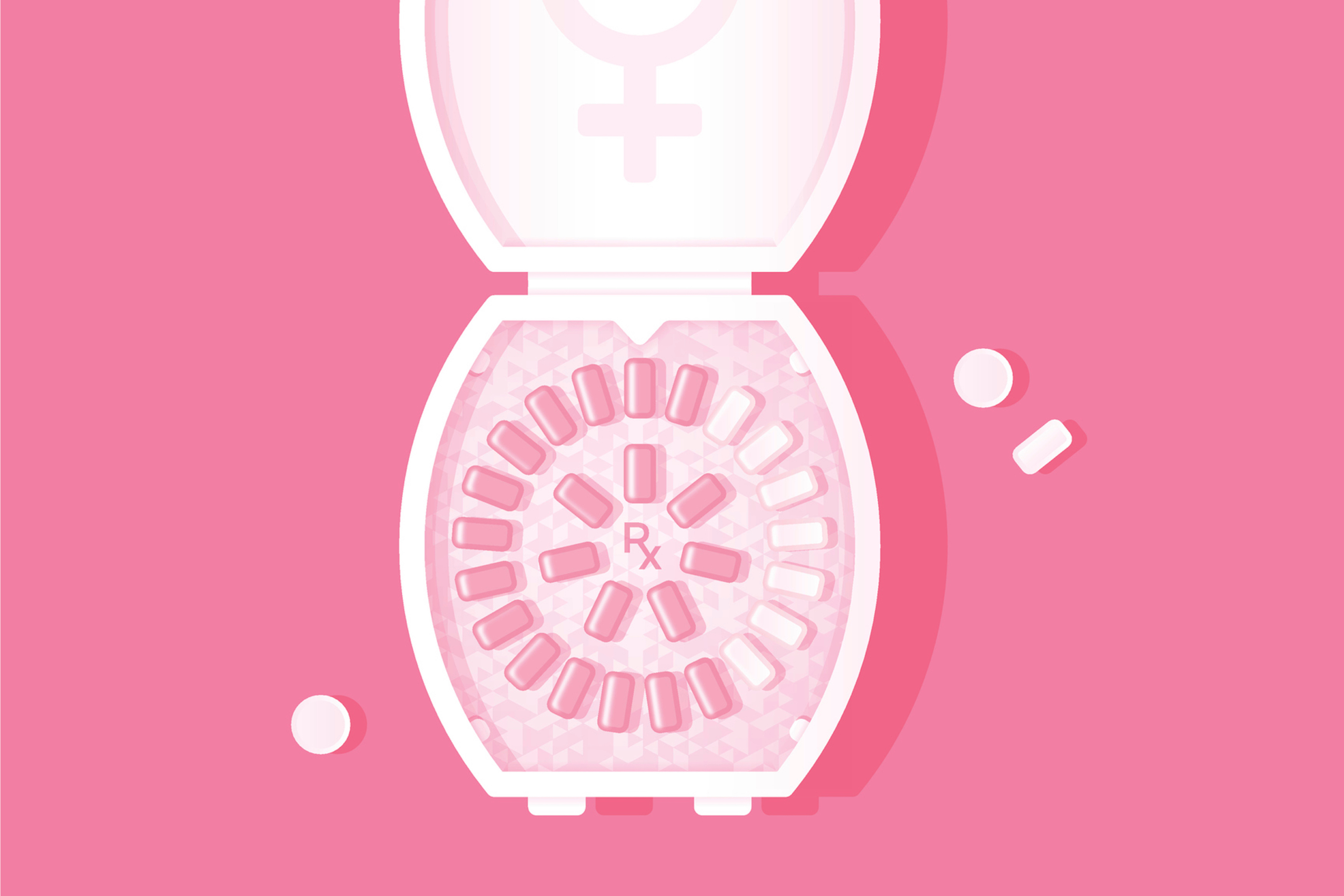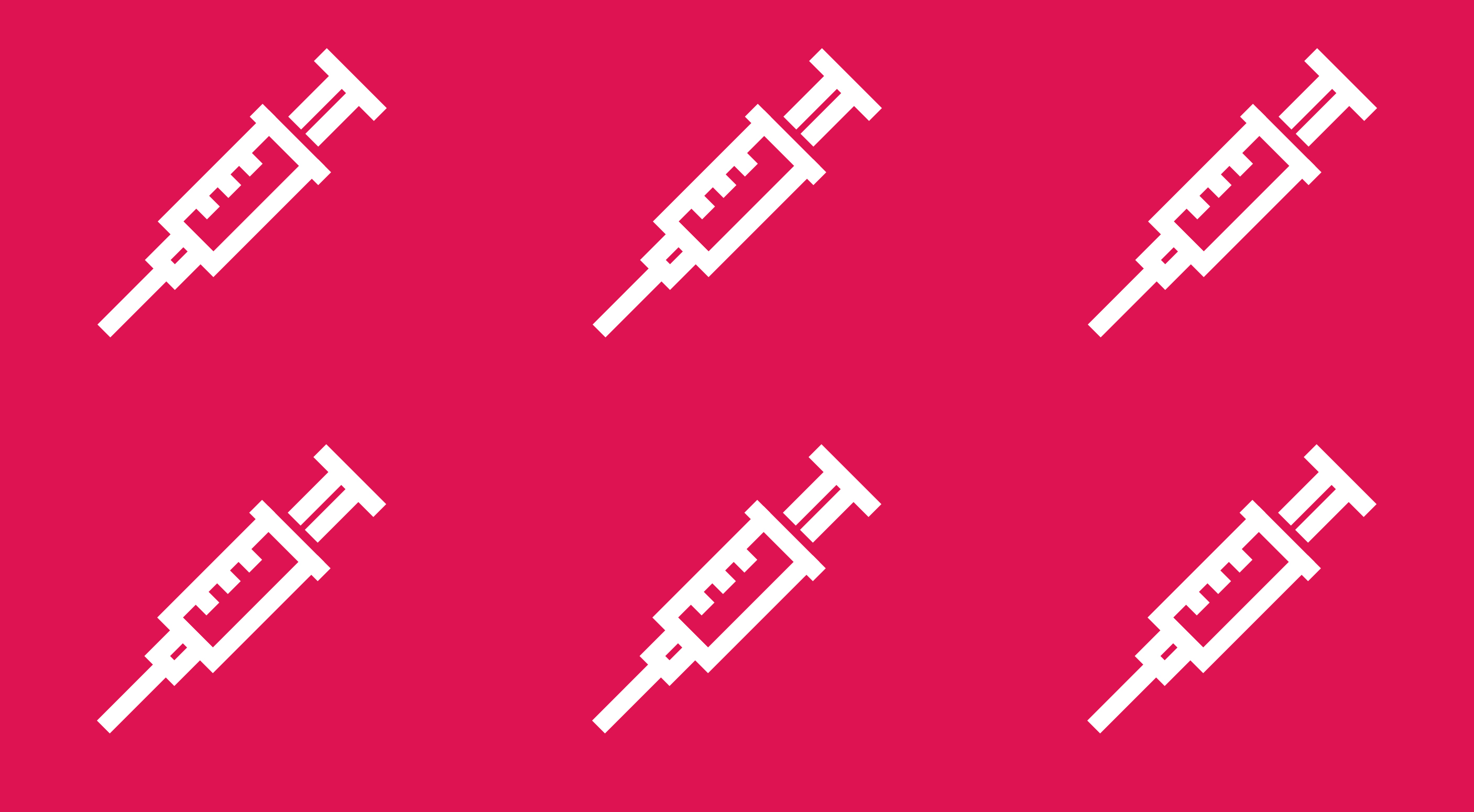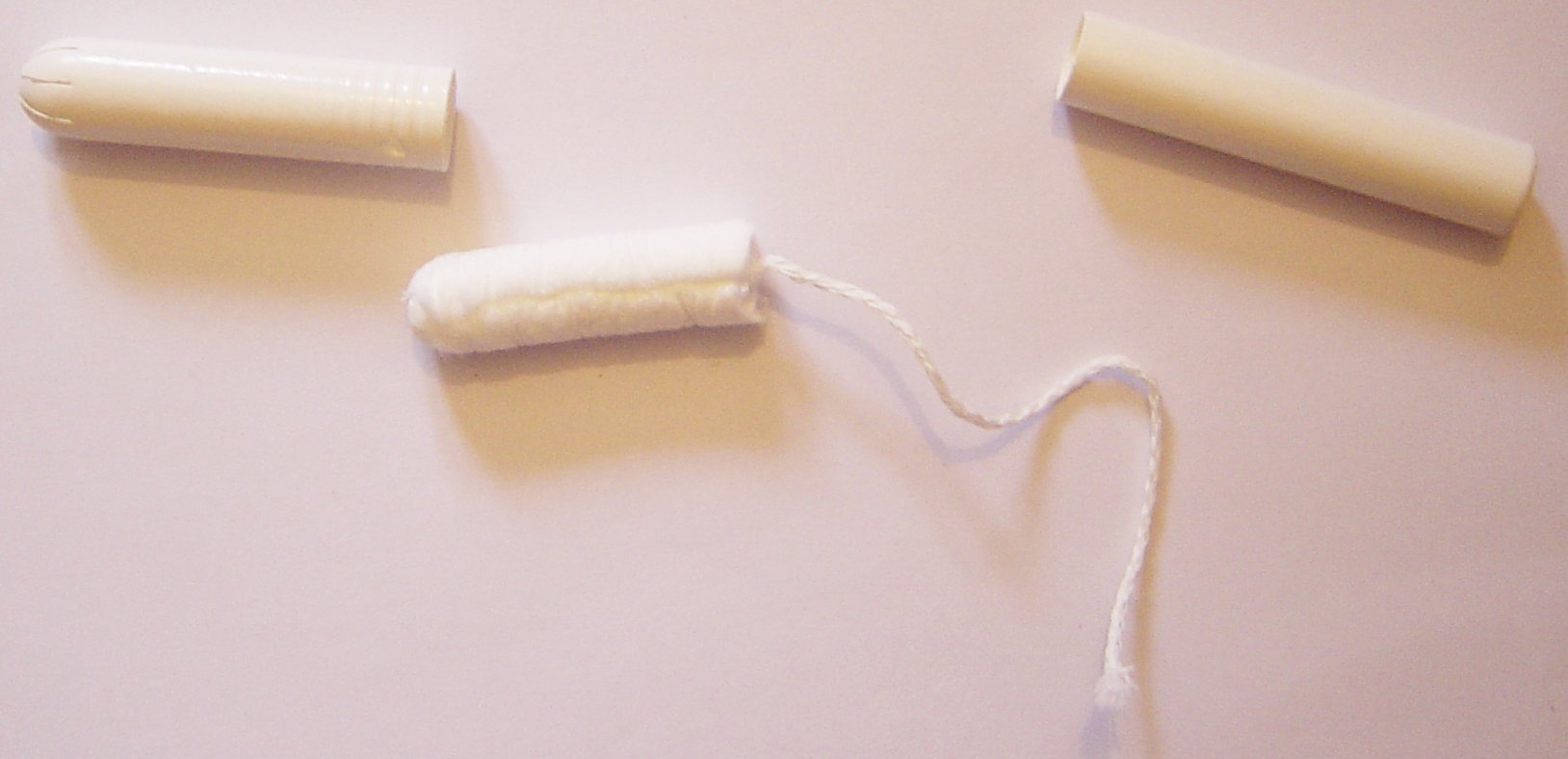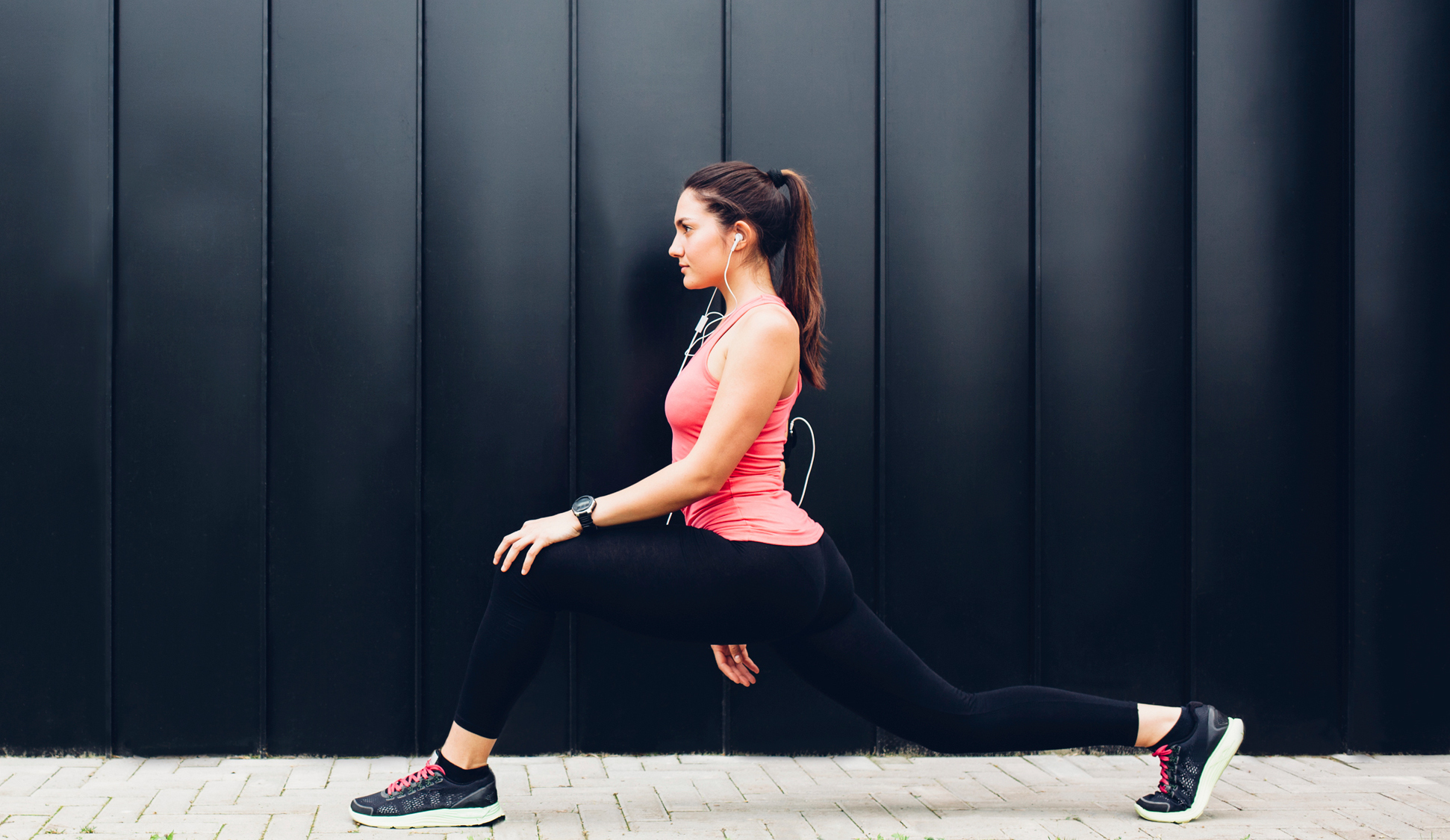We are now taking a break from our regularly scheduled, rather light-hearted blog posts to talk about something serious—something that is currently affecting the lives of millions of women across the United States. On Friday, October 6th, the Trump Administration granted employers the opportunity to deny women insurance coverage for contraception. This is not a drill, we are not being Punk’d, or in some sort of time machine that spit us out in the 1940s. This is real, and the effects that this mandate will cause on women are real, too.
Every woman deserves affordable access to birth control
We believe that a woman’s access to birth control and other contraceptives are her business, and her business only. In fact, that’s why PRJKT RUBY exists, to ensure that every woman has access to birth control, no matter what. Because in the end, you’re the only one who knows what’s best for you – not your employer, the Trump Administration, or anyone else for that matter.
With PRJKT RUBY, you can have your birth control mailed directly to you for only $20 per month, even if you don’t have insurance, while also helping women around the world gain access to family planning. Does it get any better than that?
We’re here for you—with or without insurance
In reality, it is so easy to think “I’ll never need that” or “that would never happen to me,” until it does. If the mandate affects you, we’re here to ensure you won’t have to pay out-of-pocket prices or go without birth control. To see if PRJKT RUBY is the right choice for you, schedule your online video consultation and speak to a representative today.





